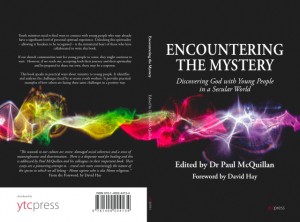One observation I have on the current situation with the banking system and governments propping up of credit etc, is how anti the ethos of the market economy it is. For years after the fall of the Berlin wall and demise of eastern european communism the free market was heralded as the way ahead. The collapse of one overarching system was trumpeted as the vindication for the market economy. People started to look to the free market, free trade as the way ahead for social ills, and the way out for global poverty and oppression. Introducing competive trade would help the world move on.
Now we see the collapse of this meta narrative. Those who extolled the market dont really practice what they preach. In the real market economy/free economy they would just let the banks that couldn’t survive go to the wall. Sure this would affect millions of individuals but why not aline your actions and follow your beliefs.
Maybe they never really belived in the market system, but it was just a convient excuse for making money and keeping the poor, poor, the rich, rich and the powerful, powerful! Maybe propping up the system has nothing to do with the millions of individuals but simply heads off the real change that comes though dying so something new and different can grow. It certainly seems the current process will keep the rich, rich, the powerful powerful and just make the poor poorer.

